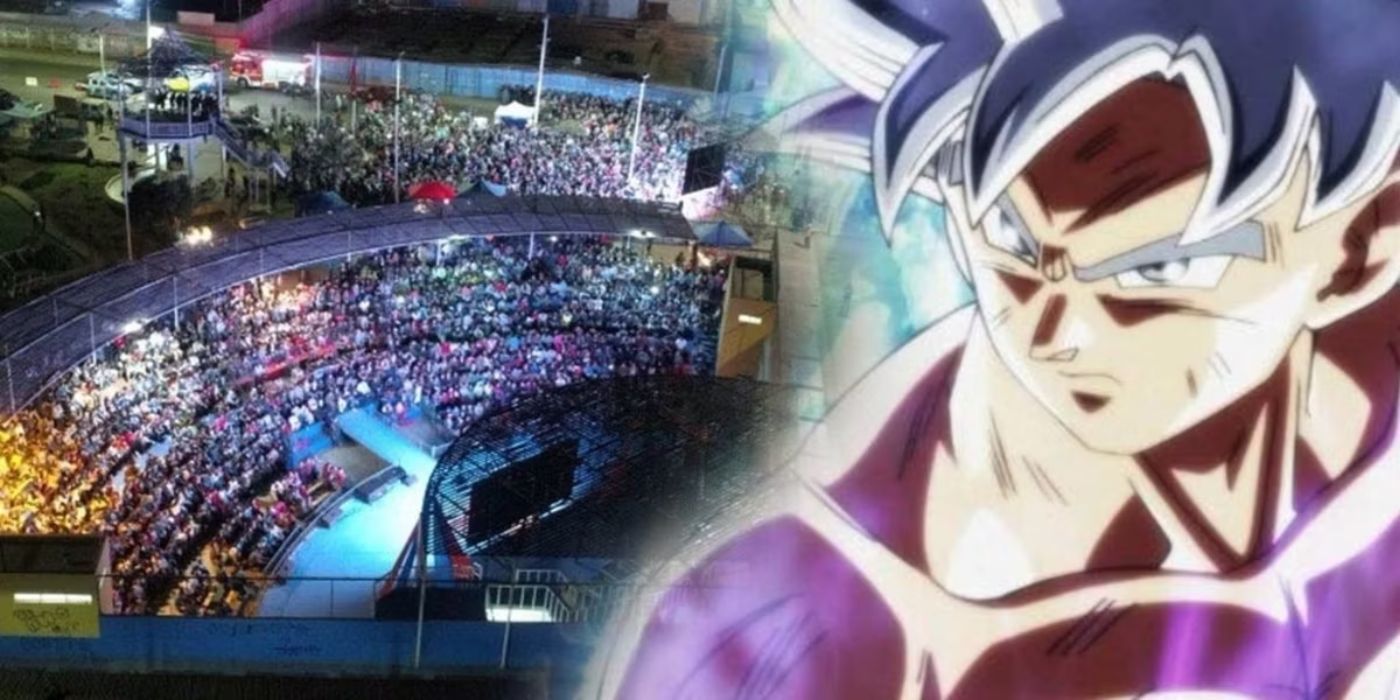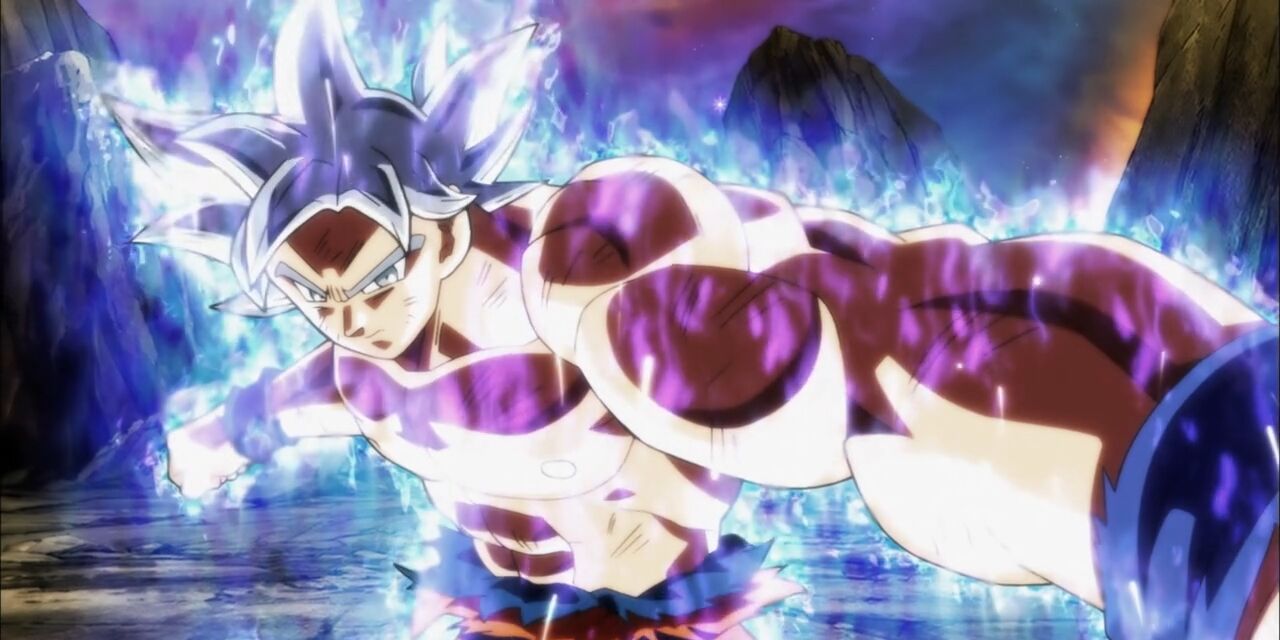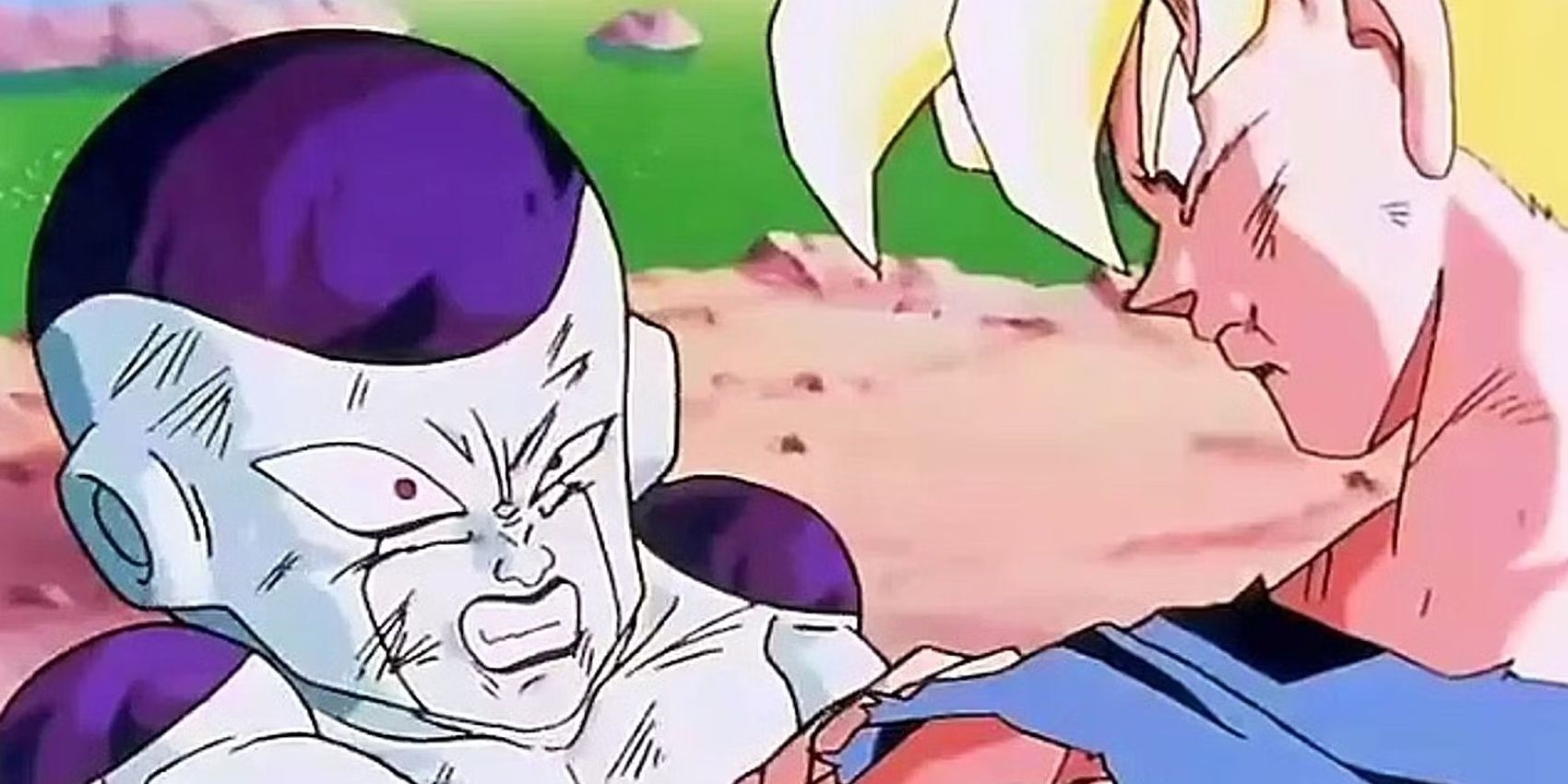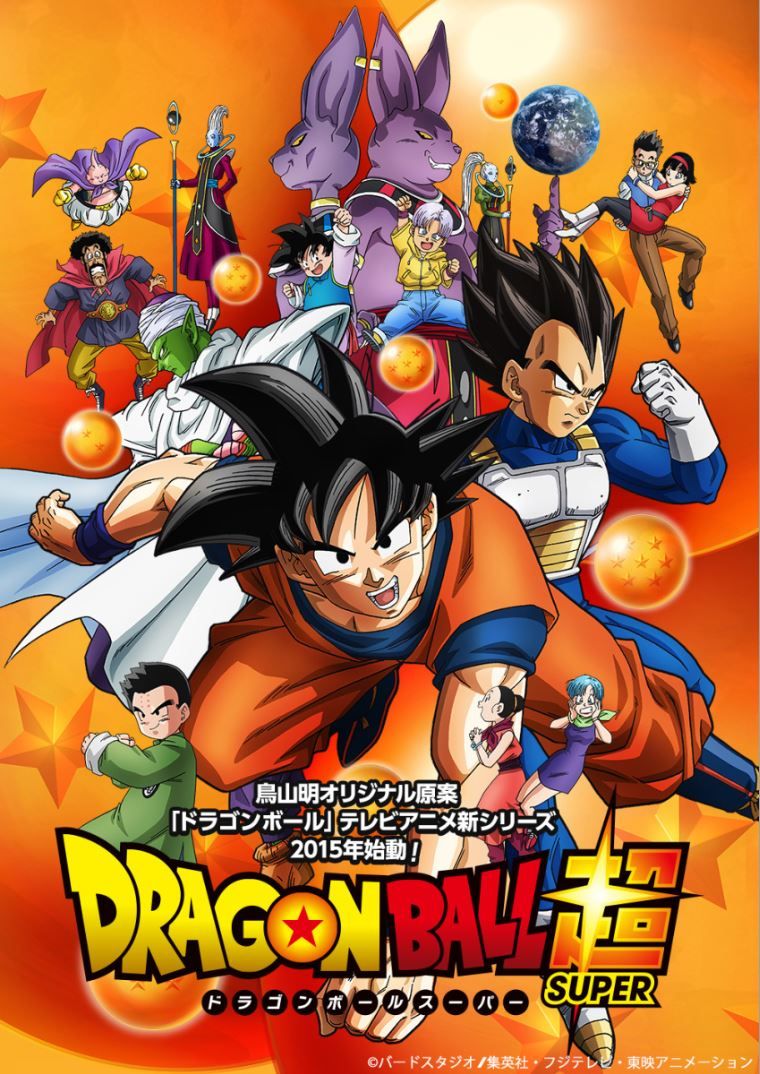
Dragon Ball has left a lasting impact on the world. If the claims found on the internet have any truth to them, though, the extent of Dragon Ball‘s impact on society at large may be much broader in scope than anyone could have thought. Goku has always been powerful enough to fight bad guys like Frieza and Cell, but according to some statements online, his power may be contributing to cutting down on crime in real life too.
Apparently, new episodes of Dragon Ball Super have had the unique effect of “reducing the criminal activity of drug cartels.” At least, that’s what Dragon Ball fans on the web often claim. Whether there’s any truth to this statement is definitely worth considering, especially if it did turn out that anime could really save the world. While the reality of the situation is quite a bit more complicated than the meme lets on, there’s actually more truth to it than most of the ridiculous statements made on internet message boards.
Updated on November 13, 2024, by Ajay Aravind: The history of Dragon Ball spans five decades, starting in 1984. The influence of the franchise cannot be underestimated; it can be argued that the concept of anime was first popularized in the West by this Shonen series. Every anime fan in the world has at least heard of Dragon Ball, and this could theoretically include members of drug cartels. As such, we have updated this article with some more relevant information.
What Connection Does Dragon Ball Have to the “Cartel”?
Does the Cartel Truly Love Dragon Ball as Much as People Claim it Does?
Memes tend to have a way of taking the facts, making an assumption based on those facts, and then turning the assumption into a new story which many people end up believing due to its popularity. This kind of strange case occurs with the popular meme that occasionally makes the rounds among Dragon Ball fans stating “whenever new Dragon Ball content is released, cartel activity drops significantly for two days.” This is the most popular version of the meme, though fans have spread this ‘quasi-fact’ throughout the internet in various forms as though it were indisputable truth. There are several factors at play when deciding whether a statement like this is true, and unfortunately, most of them don’t check out.
However, the origin of the meme itself does at least explain why a meme like this could have taken off in the first place. The exact origin of the connection between “cartel activity” and Dragon Ball is not difficult to trace, as the earliest examples of its rise to prominence seem to have come circa 2018. The importance of that date and its connection to the Dragon Ball franchise is very telling, as that was around the time the final episodes of the Dragon Ball Super anime aired.
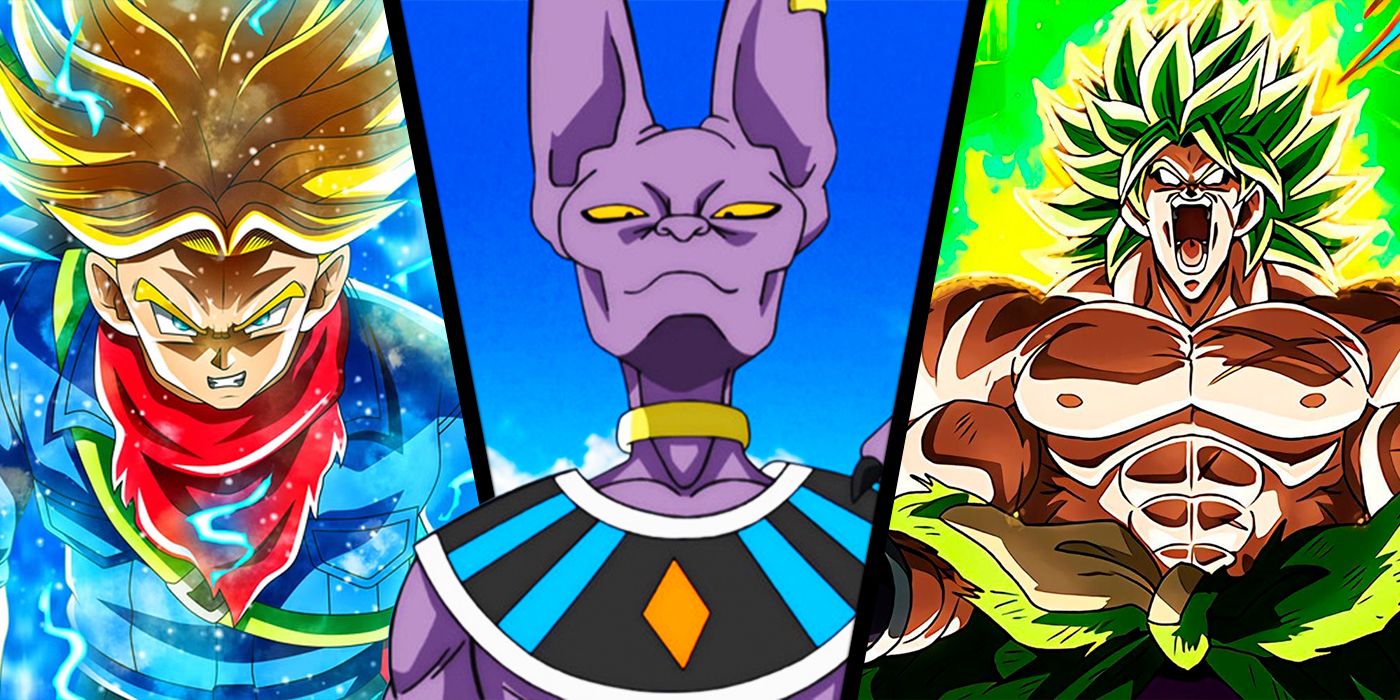
Related
10 Best Dragon Ball Super Characters We Miss the Most in DAIMA, Ranked
Dragon Ball Super is full of unforgettable characters, many of whom have unfortunately not made the cut in Dragon Ball DAIMA.
Dragon Ball Super‘s finale had an interesting impact on Latin American countries, with one specific event in particular even making the news. As reported by the El Paso Times, it all started when a group of college students at the Autonomous University of Ciudad de Juarez sent a Facebook message to Armando Cabada, the Mayor of Juarez, Mexico. In it, they proposed a public viewing of Dragon Ball Super‘s upcoming penultimate episode. Seeing the possible value in the idea, Mayor Cabada gave the project his full support, and for good reason.
At a news conference before the event, Cabada explained “It’s simply a way for the municipality to support young people. Let’s say it: There are not a lot of programs to help our boys.” In context, the event was a means of keeping kids off the streets and away from drugs — and the cartels associated with them. Cartels and drug-related violence in Latin America is not new, but countries like Mexico have been actively fighting against it. Screening Dragon Ball is just one of the alternative methods the Mexican government used to give kids a reason to stay away from drugs and crime.
The Popularity of Dragon Ball in Latin America Plays a Role in the “Cartel Meme”
Anime Has a Storied Latin American History That Makes the Meme Believable
Even if the idea of holding public screenings of Dragon Ball might be a good idea to keep kids off the streets in Latin America, the reason that it’s anime goes a bit deeper. Historically, anime has been ridiculously popular in Latin American countries. It may be difficult for citizens of the US to understand, as Latin America had a much different experience with anime in the late ’80s and early ’90s than North America did. Because censorship laws were different in some Latin American countries than in the U.S., they received full uncut versions of series like Saint Seiya and Sailor Moon which appealed to a much different audience than the heavily censored versions released in North America. This had a lasting effect on the outlook of anime, a view that has only recently begun being shared in the States.
By the time Dragon Ball Z came to Latin America, anime was already a hugely successful and popular medium of entertainment there. This contrasts with the US audiences, whose anime obsession didn’t start budding until a bit later. When DBZ first came to the US in 1996, its heavily censored version was not nearly as popular as the original Dragon Ball in Latin America, which was being aired around the same time. The entire Dragon Ball series was broadcast in Mexico, leading straight into DBZ, and raising hype for the series. In contrast, DBZ didn’t truly catch on in the US until it began running on Cartoon Network’s anime haven Toonami from 1998 to the early 2000s.
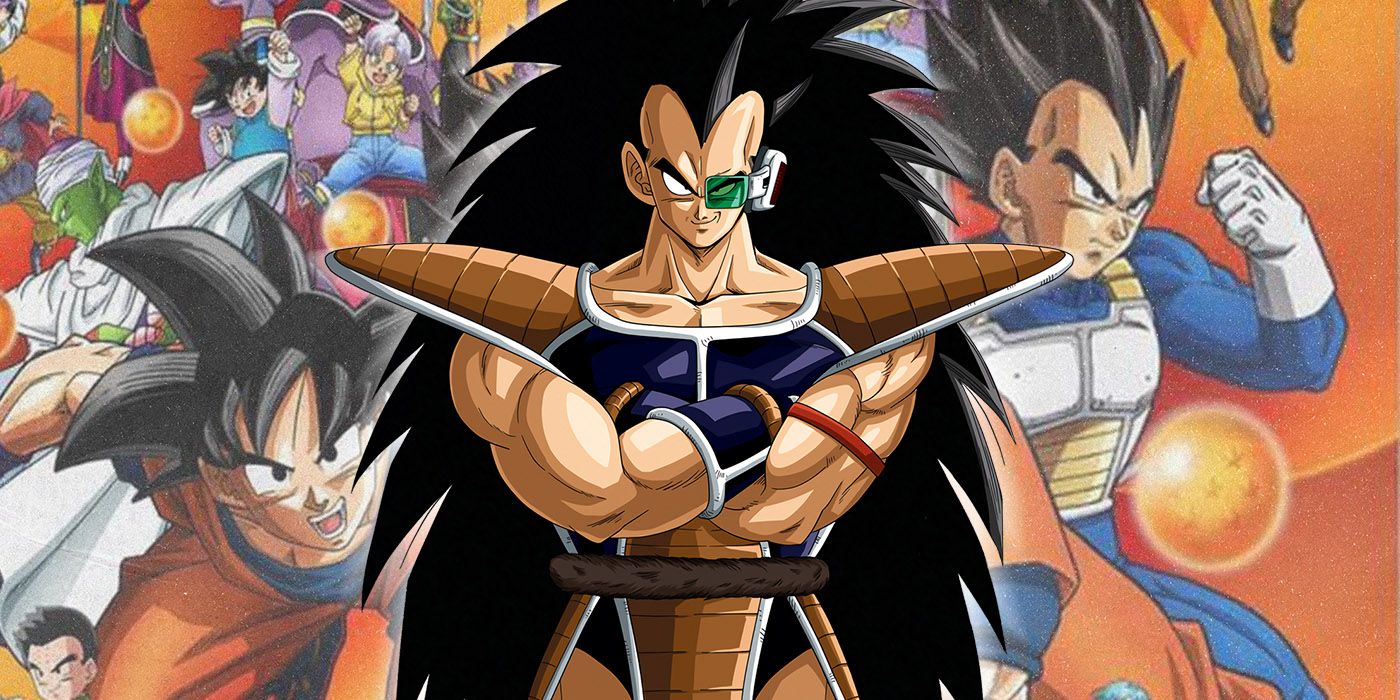
Related
10 Coolest Dragon Ball Z Characters You’ll Probably Never See Again, Ranked
Dragon Ball Z introduces some of the franchise’s most important players, but there are also several standout characters who are likely gone for good.
The love for Dragon Ball in Latin America is well-known by fans, and that’s what makes it easy for many fans to believe a meme suggesting that crime in South America could potentially be strongly affected by the series’ releases. This deeply ingrained love for anime—and Dragon Ball in particular—led to the massive hype around the return of the series with Dragon Ball Super in Latin America. By the time the series finale came around in 2018, the highly publicized public screening events of Super‘s finale held in front of huge crowds in Mexico, Ecuador and Chile were making headlines.
How Dragon Ball Caused Real-life Drama Between Mexico and Japan
Japan and Mexico Engaged in a Minor Diplomatic Spat Over the Dragon Ball Super Anime
These huge public screenings of Dragon Ball Super in Latin America did not go unnoticed by Japan. The first to respond to the idea of public screenings of DBS was none other than Toei Animation, which issued a statement on their X (at that time Twitter) profile on March 12, 2018, just six days before the episode would premiere.
Then, four days later, on March 16, 2018, Yasushi Takase of the Japanese Embassy in Mexico sent a letter to Governor Miguel Angel Riquelme Solis of Coahuila, Mexico, asking that his city stop publicly airing episodes of Dragon Ball Super. The letter mentions Episodes 130 and 131 in particular, marking the climactic battle between Goku and Jiren during the Tournament of Power.
Fortunately, all hope was not lost for Mexican fans hoping to attend the events. Mexican government officials continued negotiating terms with Toei in the days leading up to the episode’s release. Finally, the night before one of the biggest showings in Mexico, the Mayor of Juarez Armando Cabada posted a statement on X (Twitter) that the negotiations were a success. “By the power of the dragon spheres, we accomplished this wish for the youth of Juárez.
The negotiations between Crunchyroll and Toei Animation were fruitful. We have permission to see Dragon Ball at the X!” (Translated by El Paso Times). The Dragon Ball Super Episode 130 viewing at the “X” Monument in Juarez, Mexico, drew a crowd of over 15,000 people, offering fans a safe space to enjoy the epic finale to Goku’s fight with Jiren. Fans roared in the crowd as Goku achieved his Ultra Instinct form, but underlying those loud cheers was an air of tranquil peace in the city.
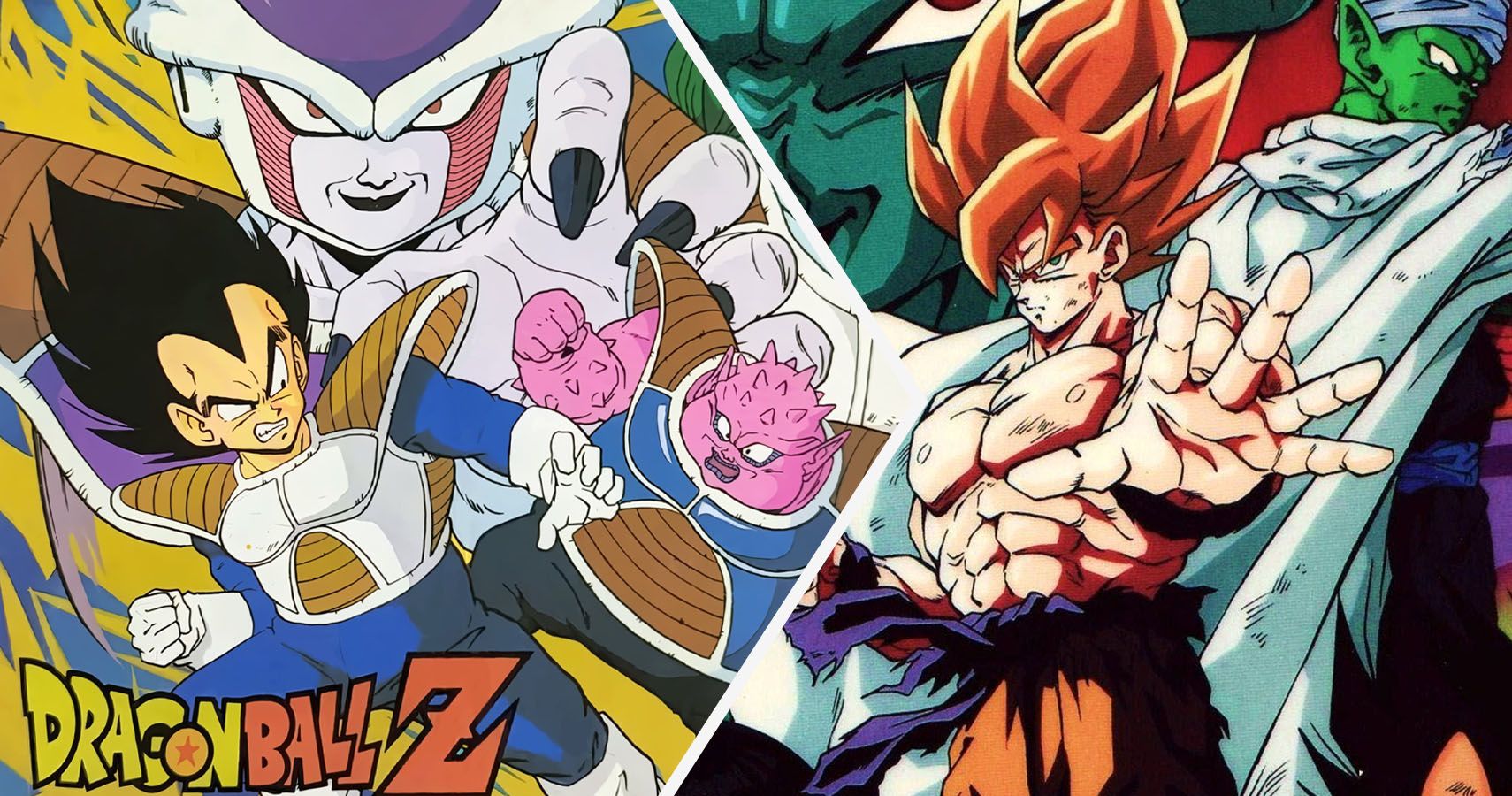
Related
Why the First Half of Dragon Ball Z Will Always Be an Anime & Manga Masterpiece
The Cell saga, Buu arc, and most of Dragon Ball Super are still great, but the franchise peaked on Planet Namek.
Memes Can Lie, But the Numbers Don’t
The Data Disproves Any Correlation Between Dragon Ball and Cartel Activity
It’s truly a testament to the love Latin America has for Dragon Ball that there was such a huge turn-out to watch Goku on the big screen and that the Mexican government went above and beyond to make its public screenings happen. Still, the question remains, what does all that say about the “cartel” meme itself? As positive as this one event was for the city of Juarez, is the claim that “whenever new Dragon Ball content is released, cartel activity drops significantly for two days” really based on any factual evidence?
The idea that each Dragon Ball episode release literally lowers the criminal activity of drug cartels in Latin America is purely a meme based on these streaming events, with little-to-no factual backing. While it may be a possibility, and Dragon Ball has certainly brought many people together from all over the world, there is no real evidence to suggest that Dragon Ball reduces cartel activity in any country, Mexico or otherwise. No actual studies on this issue were ever done; it’s just a meme that started because of the huge Dragon Ball screening events in Mexico.
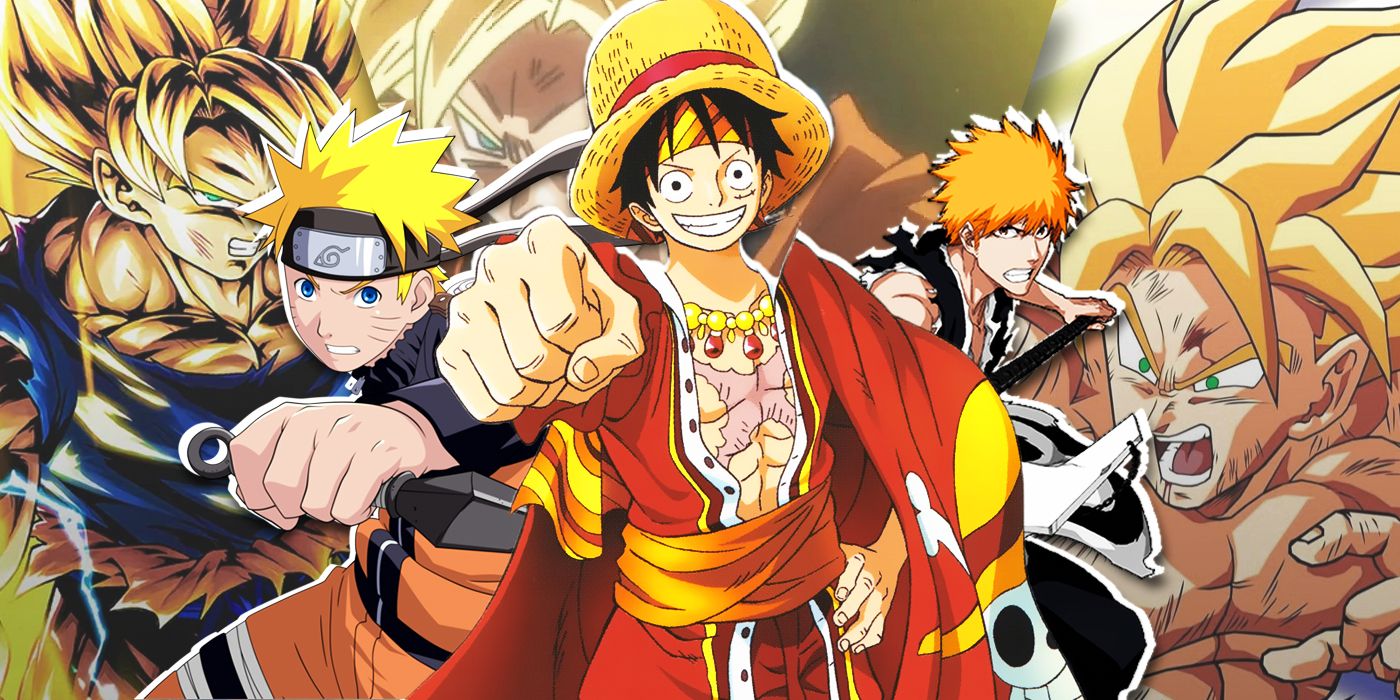
Related
10 Best Shonen Anime If You Want Even More Action Than Dragon Ball Z
While Dragon Ball Z is the most universally known anime series, these shows are just as action-packed as that legendary title.
While the meme claims that Cartel crime goes down when Dragon Ball content is released, at least some quantifiable information suggests the opposite. The biggest screening events for Dragon Ball Super and its greatest rise in popularity came in 2018 when the series finale was released. However, according to figures released by the Mexican government, homicide increased by 15% in 2018 from the year before. If Dragon Ball episodes were having such a powerful impact, the numbers would, at the very least, not have risen so dramatically.
Of course, Super ended in March of that same year, so it may be more telling to actually look back at the years leading up to 2018 to see if perhaps Super was making more of an impact before it went off the air. Unfortunately, from the year 2014 (the year when the anime began) to 2018 (the year it ended), Mexico saw a steady increase in drug-related homicides each year. Events like the one in Juarez were a means of trying to address this prevalent issue. Having 15,000 people in any one place with no issues is truly a success story, but the “fact” that it’s a consistently repeatable phenomenon related to Dragon Ball is questionable at best.
The 2024 Resurgence of the Dragon Ball Cartel Meme
Akira Toriyama’s Death Evoked New Interest in the Cartel Connection
Upon Dragon Ball creator Akira Toriyama’s tragic passing on March 1, 2024, the online discussion around his magnum opus hit a fever pitch. As a result, a new version of the cartel meme again began to make the rounds among the Dragon Ball fandom. This version of the meme asserted that—in solidarity with the popular mangaka and to show him respect—cartels had imposed a ceasefire and stopped all criminal activities.
Another rendition of this meme that also gained traction was that the cartel was actually “going to war” in anger over Toriyama’s death. Of course, as with the original meme, this version of the Dragon Ball cartel story was just as false as the original. That’s because, unlike the original meme which had some grounding in reality due to the screening events held throughout Mexico, the cartel memes following Toriyama’s passing were just fabrications based on the original one. If anything, this newer version of the meme was a far more tasteless joke because it was shared when many fans were mourning the loss of one of the greatest mangaka of the generation.
Despite the falsity of the claim that Akira Toriyama’s death led to a cartel ceasefire or even a gang war, that didn’t stop the baseless meme from going viral in the days and weeks following. Posts on X claiming the cartel ceasefire was “real” garnered tens of millions of views, piggybacking off the increased profile of Dragon Ball after its beloved creator’s untimely passing. This turned what was once a silly and harmless meme into a widespread hoax used by trolls and influencers to pull in views through sensationalism.
Dragon Ball Does Change the World, Just Not the Way the Memes Say it Does
The Dragon Ball Franchise Has a Real World Impact That Transcends Internet Rumors
It’s unrealistic to expect that any single television series could have enough power to literally lower crime rates, and Dragon Ball is sadly no different. It would take far more than just a few public screening events to make any measurable impact on crime in any country. Still, it’s not unreasonable to suggest that a love for Dragon Ball could help people get there in the long run.
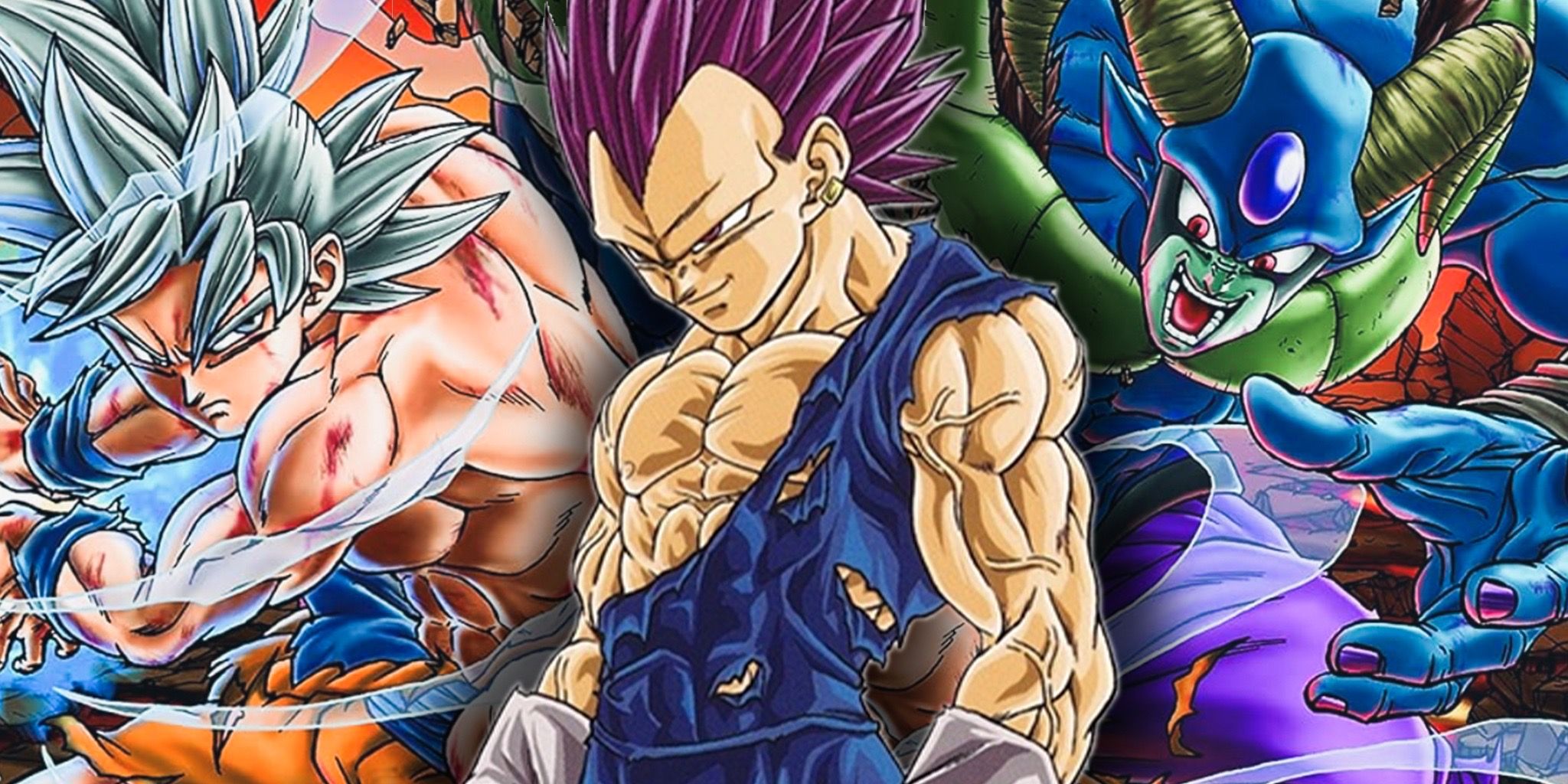
Related
10 Most Creative Dragon Ball Super Fights, Ranked
Dragon Ball Super is a natural progression from DBZ in every way, not least in its incredibly creative fight sequences showcasing fun new techniques.
The Dragon Ball franchise continues to make a real impact on the lives of its millions of fans daily, and that’s proven by the Mexican government’s willingness to use the series as a means of bringing its people together. Even if the meme that “Dragon Ball episode releases lower cartel activity” isn’t rooted in any hard fact, it is at the very least based on real events that have brought the young people of Latin America together through their love for anime. Goku is the kind of iconic hero who can literally unify people, and that’s a truth that can’t be quantitatively measured. Even if he may not actually be fighting real-life criminals, the strength that Goku has given many people to fight the demons in their own lives is certainly worthy of a meme or two.
Memes That Impacted Other Anime Series
The Dynamics Between Memes & Anime Are Complex
The relationship between anime and memes was almost predestined, especially with such a large overlap among the respective audiences. There have been some truly iconic anime memes in the last two decades, one of which mocks The Brave of Sun Fighbird‘s Yuutarou Katori’s inability to differentiate between a pigeon and a butterfly. This meme was famous enough to crossover from anime into various other fandoms. Another highly memeable anime is JoJo’s Bizarre Adventure, a hilariously over-the-top satire of anime that also parodies itself. A popular meme is Dio Brando’s shocking announcement in JJBA‘s Phantom Blood: “It was me, Dio!”
Although Neon Genesis Evangelion is an extremely serious anime, and the relationship between protagonist Shinji Ikari and his father Gendo is unquestionably abusive, fans made fun by meme-ing “Get in the robot, Shinji!” This references Gendo’s cold-hearted orders to his son, making it clear that he hates Shinji but loves his neglected son’s mother. Naruto‘s Sasuke Uchiha was excellent meme material, with his wannabe demeanor giving fans the perfect opportunity to exploit his edginess.
Anime memes aren’t always metatextual, meaning they aren’t necessarily self-referential or critical commentaries. However, some reveal the intricate interplays between meme ideation and the influence of a pop-cultural phenomenon like anime. Fans who’ve never watched Dragon Ball have most likely seen the “It’s over 9000!” meme, while those yet to embark on their first Bleach adventure were spoiled when the notorious Aizen meme exposed his villainy. At this point, anime-only One Piece fans on Instagram and Twitter are desperately dodging memes about the ongoing manga events. It’s safe to say that the One Piece, when it is eventually discovered, will instantly become a meme.
Discover more from reviewer4you.com
Subscribe to get the latest posts to your email.
